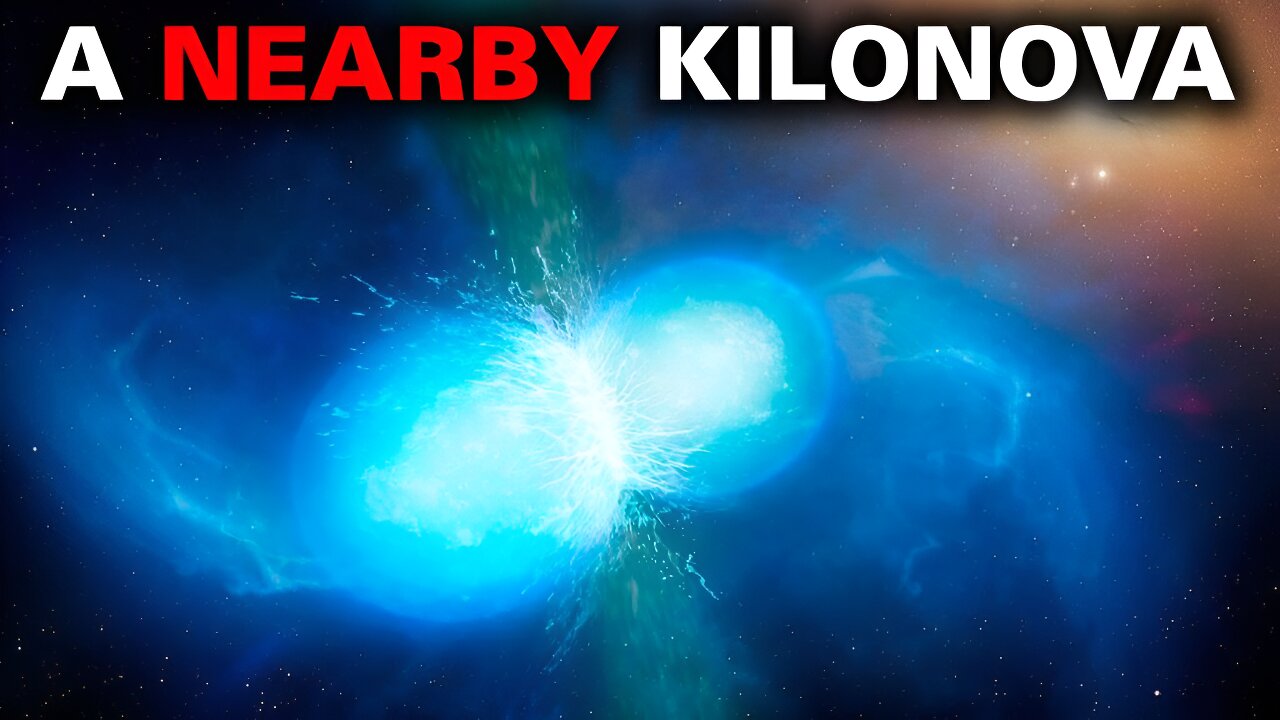Most of the times astronomers reported dramatic, cataclysmic events like neutron star mergers or the creation of a black hole; they are taking place light years away, typically in in another galaxy. While we can observe their destructive power through the light they emit, they have minimal impact on Earth. However, a relatively recent discovery of certain types of isotopes at the bottom of the ocean hints at one of these events happening fairly close to home. And it probably didn’t happen all that long ago.
So, how can isotopes at the bottom of the ocean determine that a catastrophic event happened nearby recently? In the case of some elements, very few processes in the universe can create them naturally. Two of those—Fe-60 and Pu-244—were found in ocean sediments dating back 3–4 million years ago.
Fe-60 can, in theory, be created in a regular supernova. While still powerful, these events aren’t the universe-shaking cataclysms we can see from far away. However, Pu-244 is thought to be created only in those extraordinary events. In particular, the creation of this plutonium isotope only happens in specific classes of supernovae, such as a kilonova or the merger of at least one neutron star with something else.




